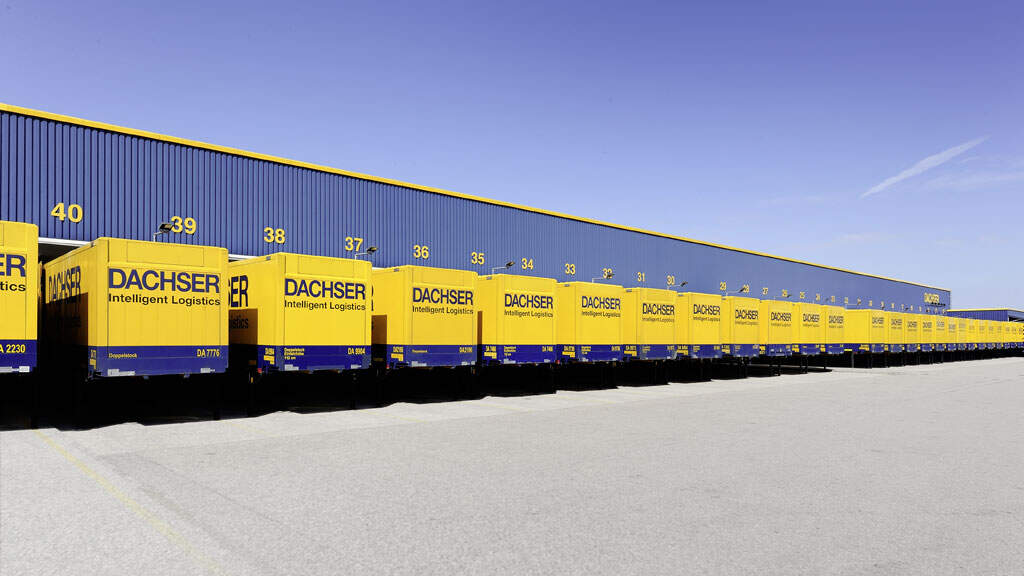DACHSER is growing and investing in the future
DACHSER continued to grow in fiscal year 2016, generating consolidated gross revenue of around 5.71 billion euros—representing a consolidated revenue increase of 1.7 percent on the previous year.

The number of shipments rose by 2.4 percent to 80.0 million, and tonnage by 2.4 percent to 38.2 million metric tons. This growth was driven by European overland transport as well as food logistics.
Despite the volatility of the global economy, we were able to maintain our stable market position through organic growth at the previous years’ levels, while simultaneously developing solutions for tomorrow’s market
DACHSER CEO Bernhard SimonBusiness development in specific sectors
In the Road Logistics business field, which accounts for 75 percent of DACHSER’s total revenue, the European Logistics (EL) business line profited from the company’s consistent export strategy, which resulted in a 2.4-percent increase in gross revenue to 3.5 billion euros. Shipments and tonnage increased by 2.2 and 2.3 percent, respectively. “Our country organizations have benefited all around from the strong demand for cross-border transports in the European single market. As far as the exchange of goods is concerned, Europe is and will remain stable and closely interconnected,” comments Simon.
DACHSER Food Logistics once again achieved the highest growth rate, with revenue increasing by 9.5 percent to 812 million euros. It has been buoyed primarily by strong domestic business in Germany’s consumer goods sector. The second component in its success is the European Food Network for cross-border food transport.
With 13 partners, 10 associate members, and regular line haul services among 34 countries, the Food Network has the greatest geographic coverage in Europe. “Our market-leading level of quality and the positive effects of the European Food Hub in Erlensee near Frankfurt contributed to this satisfying growth,” Simon explains.
In the DACHSER Air & Sea Logistics business field, revenue decreased by 3 percent to 1.54 billion euros, while the number of shipments remained constant. This decrease in revenue was due to low international freight rates, especially in sea freight, and negative currency effects. “We know how to deal with the volatile nature of international air and sea freight, and are consistently expanding this business field,” says Simon.
DACHSER offers its customers in this segment worldwide supply chains, routes that closely interlock with the overland transport network in Europe, and uniform IT systems. The company also aims to attract customers outside Europe by expanding intra-Asian transport operations and through the targeted organic growth of its network in the Americas.
Investments in networks and in research and development
DACHSER has increased the volume of its planned investments from 125 million euros in 2016 to 177 million euros in 2017. The main focus of these investments lies on expanding network locations, IT systems, and research and development. “We are intensively studying all aspects of the logistics solutions of the future and the extent to which they can be digitalized. DACHSER has launched group-wide innovation processes at numerous levels in order to maintain its pioneering role in the industry,” Simon emphasizes.
The logistics provider has also been investing in the expansion of its contract logistics services, creating more than 350,000 square meters of additional warehouse space providing room for over 300,000 pallets in the past two years alone. DACHSER can thus now offer its customers over two million pallet spaces in almost 200 warehouses on four continents.